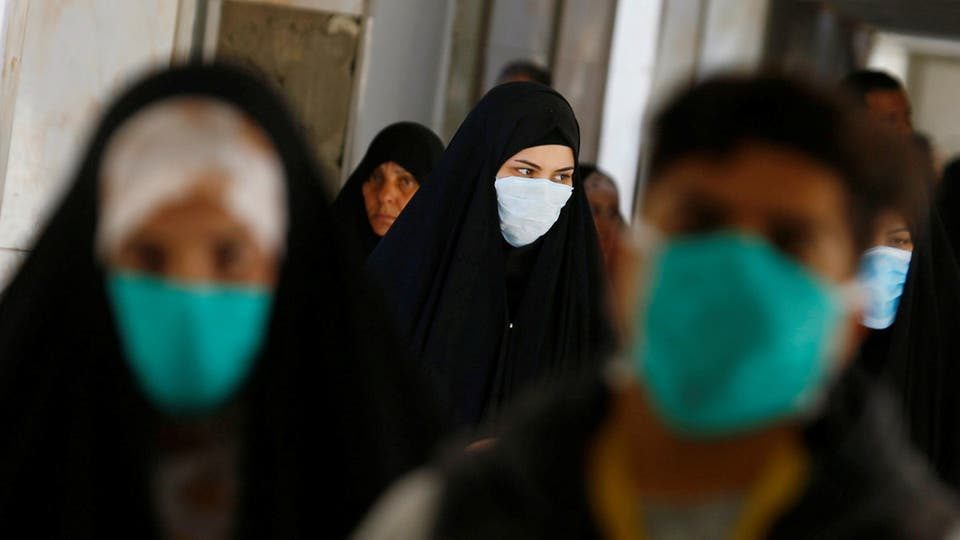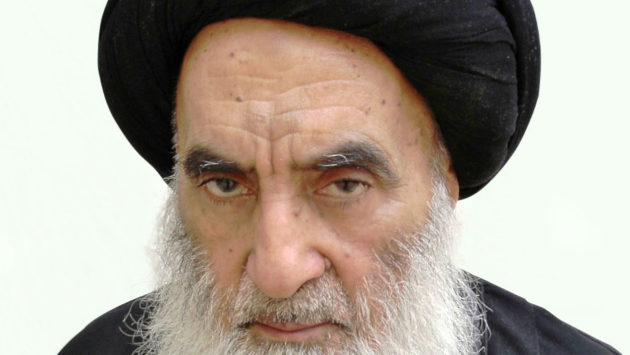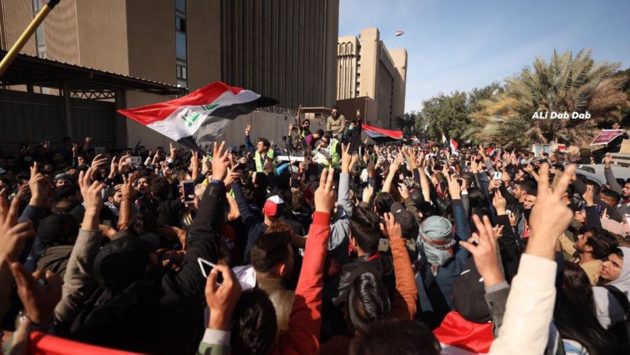A View of Iraq During the Pandemic
“It is a strange year; in just 3 months many political and social changes have taken place.” This is how Muhammad, a 22-year-old university student, began his speech describing the general scene in Iraq since the beginning of this year. He continued, “Since the beginning of the year, major events have happened in quick succession, starting with the assassination of Soleimani and Al-Mohandis, followed by an escalation in tensions between the American forces and the pro-Iranian militias culminating in airstrikes on some military bases of each side, all inside Iraq. There were also the bloody attacks targeting peaceful protesters who’d gathered in public squares, including burning and killing in Basra, Baghdad, Nasiriyah, and Najaf. This all led directly to the designation of the new transitional Prime Minister, Mohammed Tawfiq Allawi. Last but not least, we have the coronavirus crisis that has recently gripped the country.” Many Iraqis have great concern about the political instability in their country and worry about the social inequality that has been brought into high relief due to the coronavirus pandemic.
While the Coronavirus spread in China in the last months of 2019, public opinion in Iraq was directed towards the massive peaceful demonstrations that had erupted throughout the country. These protests became the largest nonviolent protest movement in the country’s history. However, as the virus spread across the globe, the level of concern in Iraq began to grow. After Iran registered hundreds of cases in late February, many Iraqis intend for religious tourism or treatment.
In response to the crisis, a committee was formed by the government, which issued a number of measures to limit the spread of the virus inside Iraq, especially urgent after several cases of Covid-19 were identified in Baghdad, Sulaymaniyah and Najaf. These measures include:
1. Closure of public places such as cafes, restaurants, and cinemas until further notice.
2. Prevention of travel to 10 countries where the virus has spread, including Italy, China and Iran, and examine those coming from them.
3. Ban on large gatherings in public places.
4. Suspension of official working hours in educational institutions and universities, as of 27 February.
These decisions were issued on 26 February 2020, but they have not been implemented properly. Under political pressure, flights continued between Iraq and Iran, despite all warnings against them, and despite the discovery of numerous cases of people carrying the disease who had returned recently from Iran.
The turmoil in the political scene contributes to the instability caused by the virus; political parties have not succeeded in choosing a prime minister, a goal they’ve had since last November after the resignation of former Prime Minister, Adel Abdul-Mahdi. Thus the current government, still led by Abdul-Mahdi, is considered a caretaker government with limited powers. The power of the executive agencies is therefore decidedly restricted, and many Iraqis blame the political class for keeping the country in this predicament because of their petty disputes over positions and interests.
A “Crisis Cell,” which consists of representatives from relevant ministries and tasked with managing the country during the pandemic, called on citizens and security forces alike to respond to the virus in a more careful and serious manner. During the weekly cabinet meeting on 17 March, it issued a number of instructions that aligned with decisions of the committee mentioned above, specifically a curfew was imposed from 17 to 23 March restricting movement between the Iraqi governorates, with the exception of trucks transporting food and necessary supplies, ambulances and security forces. All flights were suspended for a week, and cleaning and sanitization campaigns have been implemented in most Iraqi regions. Subsequently, the curfew was extended to 11 April due to the increasing number of infected people.
Despite the above measures, the number of infected people is still increasing significantly, with a total of 316 cases (214 of them serious) and 27 deaths due to the virus as of the time of writing this report. Perhaps the biggest concern to the public opinion is the weakness of the health care system and its limited ability to absorb all those who are infected if the numbers multiply greatly.
Meanwhile, the religious authority in Najaf has called for stopping the performance of Jam’a prayer in order to prevent the spread of the virus, and also called for citizens to stay in their homes. However, this did not prevent thousands of people from walking towards the shrine of Imam Al-Kadhim on the anniversary of his martyrdom over the past few days in the Kadhimiya area in Baghdad. This forced the shrine administration to open the doors after having closed them during previous days in an attempt to prevent large gatherings near it, fearing the spread of the virus. The leader of the Sadrist movement, Muqtada Muhammad al-Sadr, insisted on the necessity of visiting the shrine of Imam Ali, and of holding the group’s prayer in the Kufa mosque, which prompted his followers to break the rules banning gathering by the thousands in public places. Many described this as irresponsible behavior. However, the position of Muqtada has changed after the minister of health, Jaafer Allawi, sent him an official letter explaining the dangerous situation and asking him to call his followers and Iraqis that are under his influence to obey the Crisis Cell decisions regarding curfew and everything.
The scene in the Kurdistan region of northern Iraq appears to be different: the provincial government issued a number of preventive instructions, and seem to have taken the responsibility of implementing them. The region closed its borders and partially stopped the movement between it and central Iraq, and regulations on restaurants and cafes were also tightened before they were completely closed. The general response on the street to the preventive measures has been positive which has helped to reduce the dangers of the pandemic, even though the numbers of infected people in the region are close to the numbers infected in other federal governorates.
In the public squares where huge peaceful demonstrations have been taking place for over 6 months, protestors have shown a high level of awareness of the gravity of the situation. They began to sterilize the squares and spread information effectively amongst protesters about the importance of wearing masks and gloves to prevent the spread of the virus. Several coordination groups also announced that movement to and from places of protest would not be possible during the ban period, and that only a few protesters would remain in public squares during these days. They also decided to postpone all protest activities until the crisis ends. While the protesters confirm that their protests are temporarily suspended, they will resume later and will continue until their demands are met.
The reported numbers of infections may not accurately represent the real numbers on the ground, as tests for Covid-19 are only available to those with advanced cases. This complicates the process of early detection, and the absence of follow-up procedures undermine the possibility of providing the rough data required for a clear picture of the extent of infection. The reason for the lack of laboratory tests for detecting the virus is due to the limited testing samples, and the lack of labs that are capable of carrying out this type of testing. The cost of testing is thus prohibitively high.
Despite the lack of commitment in some areas of Baghdad and the southern governorates to the curfew imposed by the government, social solidarity and awareness campaigns on social media are playing a big role to help in overcoming the crisis. Among the most prominent activities organized by volunteer groups are the campaigns of sanitization and fundraising to provide food for families in need or for those who work for daily wages and who cannot work during the curfew. Groups have also invited the owners of shops and landlords to release tenants from paying rent this month. Some hotel owners have also provided hotel rooms for use during the quarantine if the specialized centers are unable to accommodate the number of people infected.
This crisis has distanced people away from each other, but it has succeeded in bringing them closer in feelings. As is the case for human solidarity around the world, the feelings of national solidarity for Iraqis among themselves represent the most important key to overcome this crisis, as there is no way to pass such crisis but solidarity, interdependence and a sense of social responsibility, whether by financial assistance or even by staying at home without mixing with others.




